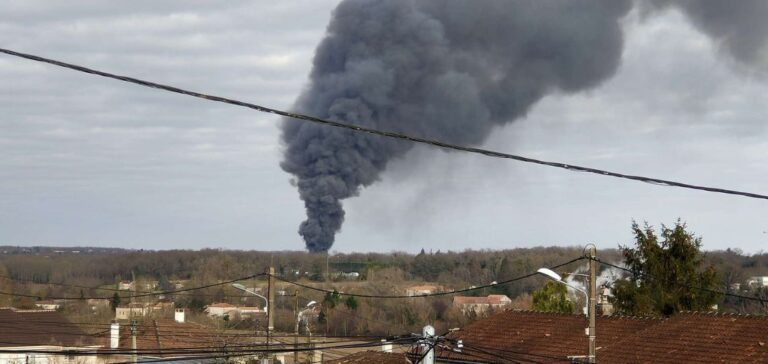A fire broke out at the Esso-ExxonMobil refinery in Seine-Maritime, injuring five people. The fire started in the afternoon in a distillation unit, requiring the intervention of ExxonMobil emergency crews. Three employees were treated on site, while two others were hospitalized for tests. The rapid mobilization of in-house teams enabled the fire to be contained in less than an hour. The Seveso site had adequate equipment to manage this accident, demonstrating the effectiveness of the safety measures in place.
Emergency services response and safety measures
Local firefighters assessed the situation without deploying additional resources, confident in ExxonMobil’s response capabilities. A crisis unit was activated to manage the event and ensure staff safety. In addition, safety procedures, such as the internal operations plan, were effectively implemented to extinguish the fire. What’s more, coordinated action minimized risks and protected the site from any repercussions on the nearby petrochemical plant.
Environmental Impact and Air Quality Monitoring
Despite the smoke, initial air quality analyses carried out by Atmo Normandie showed no negative impact. The prefecture and ExxonMobil have also initiated sampling to monitor the environmental consequences. Preventive measures that reflect a commitment to assessing and minimizing the ecological impact of industrial incidents.
The rapid containment of the fire at the Esso-ExxonMobil refinery demonstrates the preparedness and effectiveness of safety protocols for this type of incident. The investigation will follow to determine the precise causes of the incident and assess possible improvements to safety measures. Cooperation between the company, emergency services and regional authorities is crucial to managing such situations. This incident underlines the importance of ongoing vigilance and improved safety practices at sensitive industrial facilities.






















